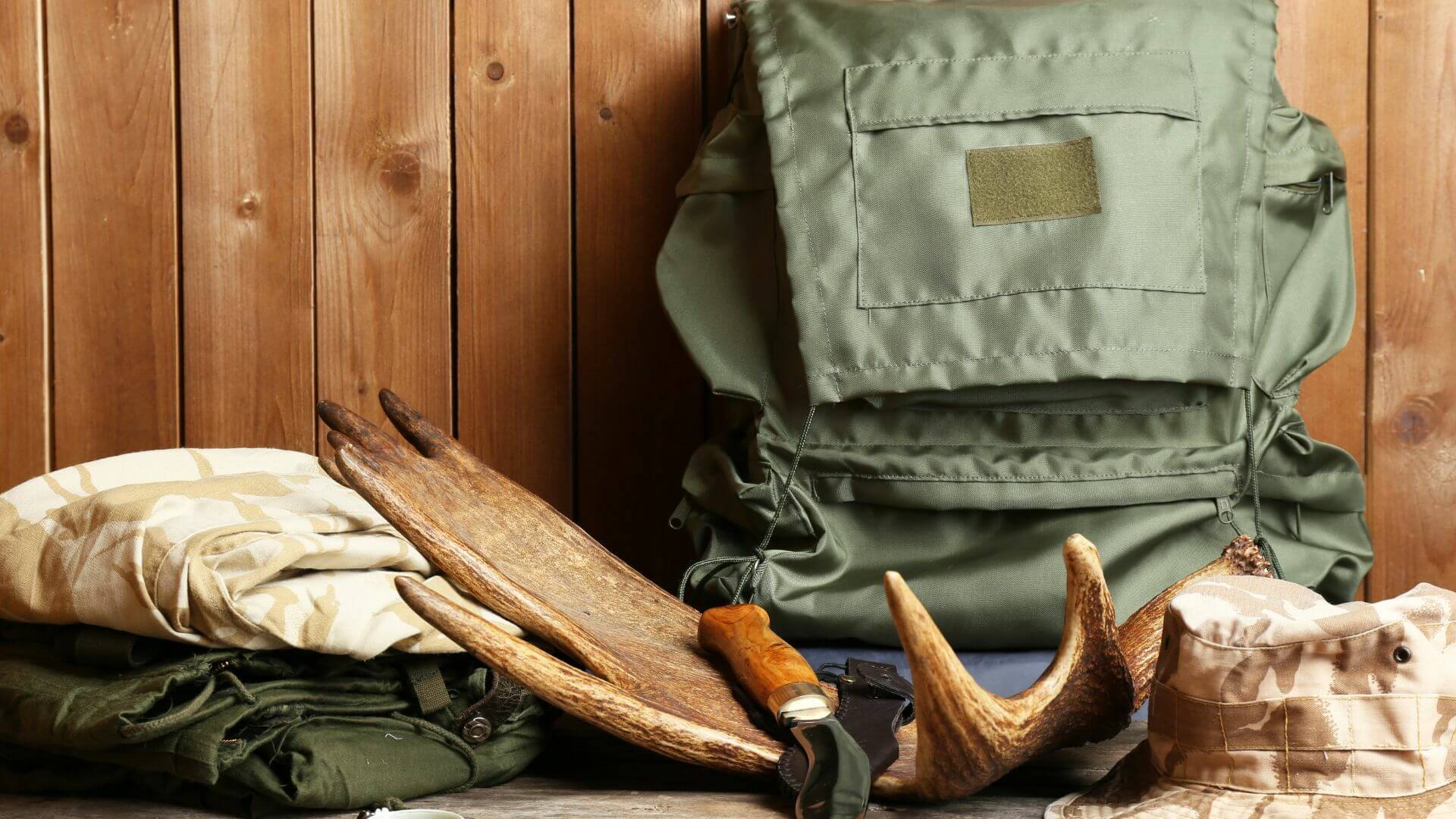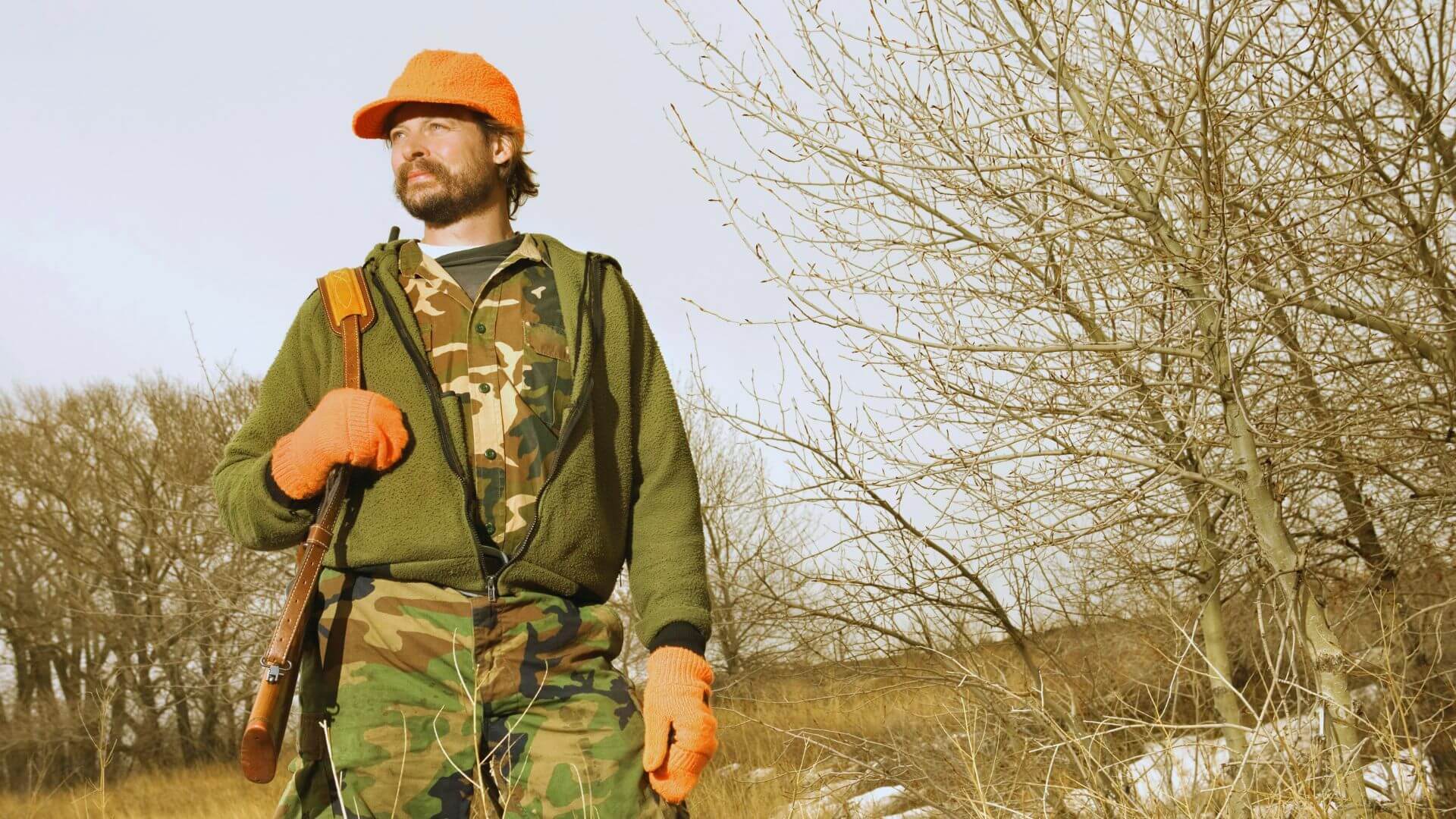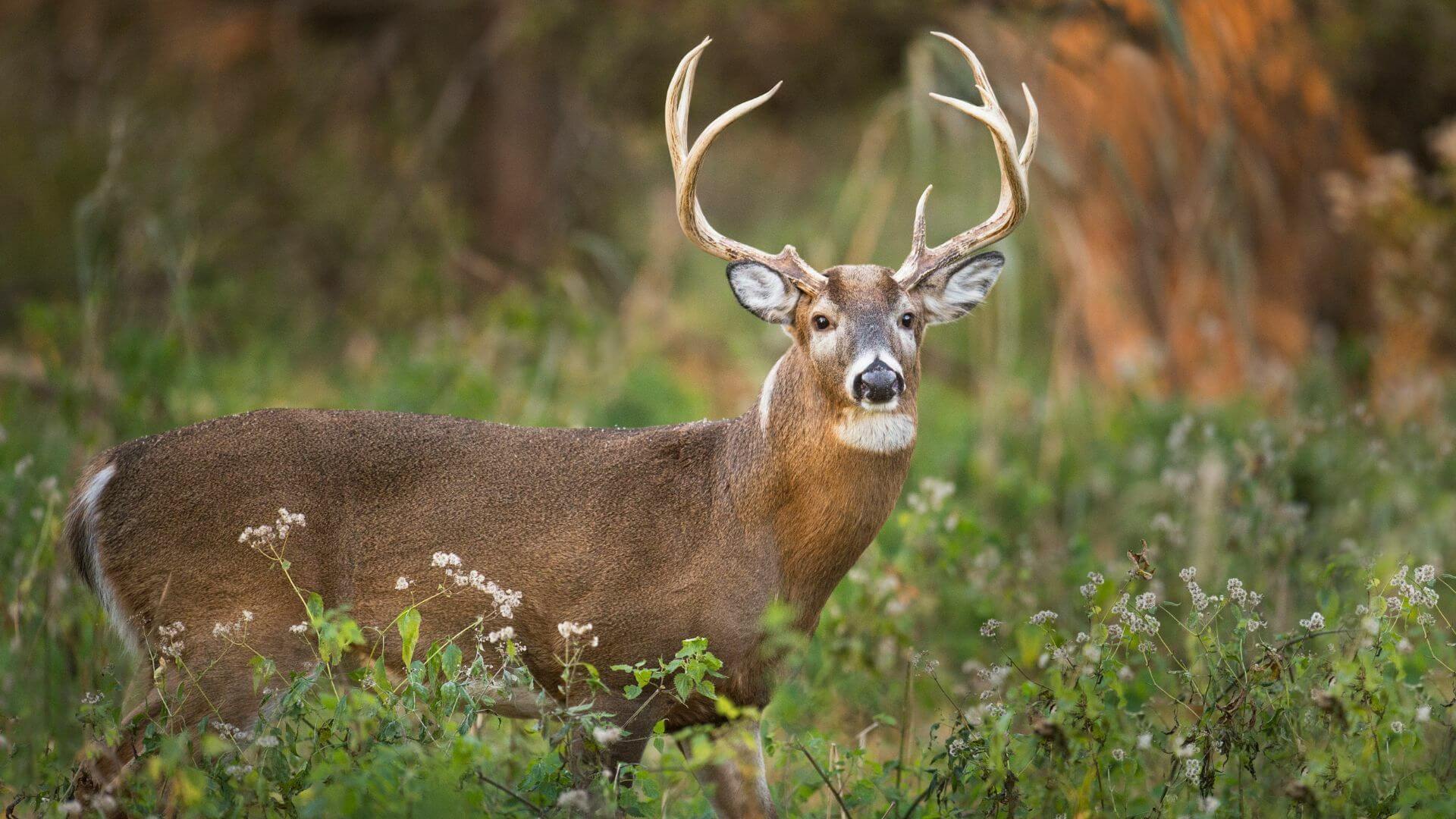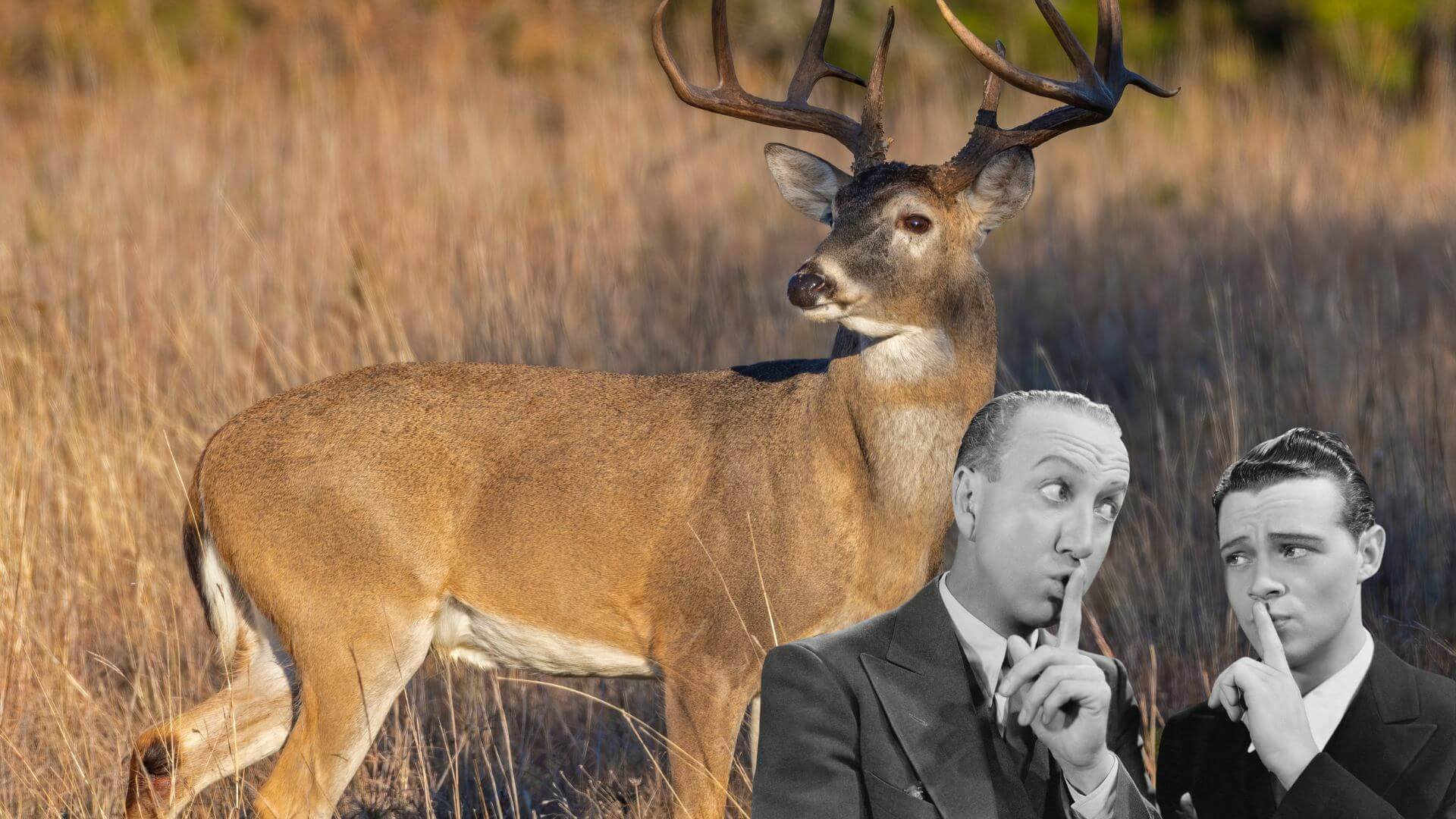The excitement is in the air—Michigan’s firearm deer season is right around the corner, officially opening on November 15 and running through the 30th. If you’re a Michigan hunter, you know just how thrilling these two weeks can be. There’s a special energy when hunters gather in the woods, all with the same goal in mind. But the difference between a successful hunt and a frustrating season often comes down to preparation.
In this article, we’ll cover everything you need to know to prepare for Michigan’s firearm deer season, from understanding essential rules and regulations to making the most of the unique five-day quiet period that starts on November 10. This guide will ensure that you’re ready for a productive, safe, and memorable season.
Michigan Firearm Deer Season Overview
![]() Key Dates and Regulations
Key Dates and Regulations
Let’s start with the basics. Michigan’s firearm deer season is set from November 15 to November 30. This is the main hunting period that most hunters look forward to all year. To participate, make sure you have the necessary hunting license and any specific deer tags you plan to use. Michigan offers different tags depending on whether you’re hunting bucks or antlerless deer, so double-check that you have the right ones for your hunting goals.
Another essential part of the season is the “five-day quiet period,” which begins on November 10. This unique tradition gives the woods a chance to calm down before the excitement of opening day. During this time, certain firearm activities are restricted, particularly those involving rifles and shotguns commonly used for deer hunting. This rule helps reduce disturbances to deer, allowing them to settle into natural movement patterns, which can increase your chances of spotting one on opening day.
Changes and Updates for This Season
Michigan’s Department of Natural Resources (DNR) occasionally makes adjustments to hunting rules, so it’s wise to stay updated on any changes for the season. For instance, some zones have specific antler restrictions or adjustments to hunting zones based on conservation needs. This year, certain counties in the Lower Peninsula have a four-point antler restriction, meaning that bucks taken on the restricted tag must have at least four points on one side. Understanding these updates ensures you’re following the rules and contributes to sustainable hunting practices.
Why the Five-Day Quiet Period Matters
Benefits for Deer and Hunters
So, why does Michigan have a five-day quiet period, and what does it really accomplish? It may seem like just a waiting game for hunters eager to get in the woods, but this quiet period is more beneficial than it might appear.
For one, the quiet period allows deer to return to more natural behaviors. By limiting firearm activity, the deer are less likely to feel stressed or threatened. They begin to settle into regular feeding and movement patterns, which ultimately benefits hunters on opening day. When deer aren’t as stressed, they’re more likely to move predictably, giving you a better chance of spotting them in the right places at the right times.
Essential Tips for a Successful Firearm Deer Season

With the dates and regulations in mind, let’s dive into some practical tips to help you make the most of your time in the woods.
Scout Your Area Effectively
One of the best ways to prepare during the quiet period is to scout your hunting area. You can use trail cameras to monitor deer movement or go for a quiet walk (without firearms, of course) to observe signs of deer activity. Look for deer tracks, rubs on trees, and scrapes, which can all give clues about where deer are moving and feeding.
Setting up trail cameras can be a game-changer. These devices capture photos and videos of deer when you’re not there, helping you understand their movement patterns and what time they’re most active. The quiet period is an ideal time to gather this information, as deer are less spooked by human presence and more likely to follow their natural routines.
Check Your Equipment and Gear
Nothing can ruin a hunt faster than realizing you’re unprepared when you’re already in the woods. Use the days leading up to the season to go over all your gear. Start with your firearm—clean and inspect it, check your scope, and make sure everything is functioning as it should. Pack extra ammunition, and don’t forget essentials like ear protection and any tools you might need for adjustments in the field.
Clothing is another crucial aspect. Michigan’s weather can be unpredictable, especially in November. Make sure you have layers to stay warm and dry, and invest in some moisture-wicking undergarments to keep sweat off your skin. Don’t forget hunter orange clothing, which is required for safety and ensures you’re visible to other hunters.
Practice Shooting and Accuracy
While you might feel confident in your shooting skills, a little extra practice can go a long way. Consider setting up a small shooting range in a safe, legal area where you can practice. Try to replicate the conditions you’ll be in while hunting. If you’ll be using a tree stand, practice shooting from an elevated position. Focus on accuracy and shot placement so you’re ready when a deer steps into your sights.
One idea is to set up a mock hunting scenario. Place a target at the same distance and angle you expect to shoot from, and practice getting your shot off quickly and accurately. This kind of practice can boost your confidence and make a real difference when the pressure is on.
Rules of the Quiet Period for Hunters
During the quiet period, it’s essential to know what’s allowed and what isn’t. Firearms typically used for deer hunting, like rifles and shotguns, are restricted. However, if you’re hunting small game, waterfowl, or furbearers, you may still use firearms designed for those activities. For example, you could still hunt squirrels or rabbits using a small-caliber firearm.
If you’re on public land, be extra cautious as the quiet period regulations may vary by area. Always double-check with the Michigan DNR for the specific rules in your hunting location. It’s better to be safe than sorry!
Strategies for Opening Day Success

Timing and Location Tips
Opening day is like a holiday for Michigan hunters, and with so much anticipation, timing is everything. Plan to arrive at your hunting location early to secure a good spot. Deer are often most active in the early morning and late afternoon, so being in place before dawn can give you a big advantage.
When choosing a location, consider areas where deer are likely to move between feeding and bedding areas. If you’ve scouted during the quiet period, you should have a good idea of where these spots are. Setting up near natural funnels, such as narrow paths or trails, can increase your chances of seeing deer as they travel.
Safety and Etiquette for Public Lands
If you’re hunting on public land, remember that you’ll be sharing the space with other hunters. Safety should always be your top priority. Always be aware of your surroundings and other hunters, and never shoot unless you’re sure of what’s beyond your target.
Etiquette is also essential. Give fellow hunters space, and try not to disrupt anyone else’s hunt. Following these guidelines not only keeps everyone safe but also makes the experience more enjoyable for everyone.
Final Preparation Tips for the Week Before Firearm Season
Final Gear and Packing Checklist
With opening day approaching, it’s time for a final check. Here’s a quick checklist to ensure you’re ready:
- Hunting License and Tags – Make sure you have your hunting license and any necessary deer tags.
- Firearm and Ammunition – Clean and inspect your firearm, and bring extra ammunition.
- Clothing – Pack layers and hunter orange clothing for safety.
- Safety Gear – Include a first-aid kit, flashlight, map, and GPS if you’re hunting in unfamiliar territory.
- Snacks and Water – Bring enough food and water to keep you comfortable throughout the day.
Reviewing Hunting Regulations and Licenses
It never hurts to review Michigan’s hunting regulations and ensure your license is up to date. Double-check that you understand the bag limits and any specific restrictions in your hunting zone. Some hunters have missed opportunities due to minor misunderstandings of the rules, so a quick review can save you from unnecessary trouble.
Frequently Asked Questions (FAQs) About Michigan’s Firearm Deer Season
Q: What gear is essential for firearm season in Michigan?
A: Besides your firearm and ammo, pack hunter orange clothing, a first-aid kit, snacks, water, and any safety gear you might need for a long day in the woods.
Q: How does the quiet period affect hunting success?
A: The quiet period reduces stress on deer, allowing them to move more naturally. This increases the chances of spotting deer when the season opens, as they’ll be less skittish.
Q: What’s the best way to scout before the season begins?
A: Trail cameras, tracking signs, and quiet observation during the quiet period are effective ways to scout. Look for patterns in deer movement to plan your setup.
Conclusion
Michigan’s firearm deer season is a special time for hunters, and with a little preparation, you can ensure it’s both successful and enjoyable. From understanding the quiet period to checking your gear and scouting effectively, these steps will set you up for an unforgettable experience. Remember, hunting isn’t just about the thrill of the chase; it’s also about respecting nature, following ethical practices, and making memories that last a lifetime.
Good luck, and may your season be safe, respectful, and rewarding!
 Key Dates and Regulations
Key Dates and Regulations